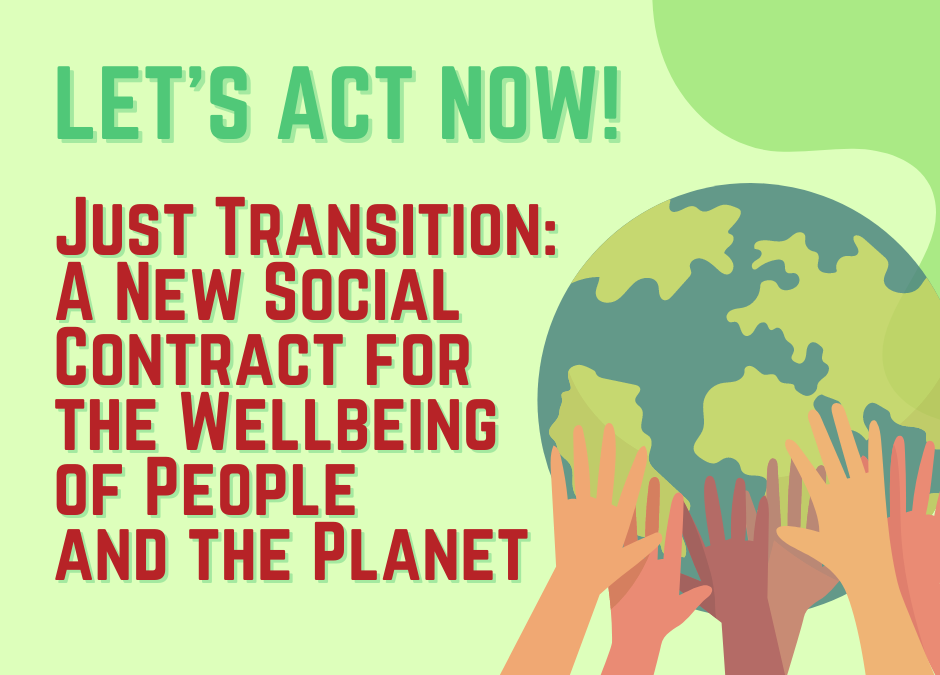
by RREUSE | Sep 12, 2023 | Public Consultations, Publications
RREUSE has responded to the public consultation regarding whole life-cycle carbon (WLC) emissions in the buildings sector. The European Commission initiated the consultation on a roadmap it intends to develop in this area, in pursuit of climate neutrality by 2050. Current EU policies primarily focus on energy efficiency to reduce operational emissions. Yet, reducing emissions from construction, renovation, maintenance, and demolition activities is essential to achieve climate neutrality.

by RREUSE | Jul 17, 2023 | Letters, Position Papers, Publications
RREUSE, ECOS, and Deutsche Umwelthilfe produced a joint position paper on a reducing our dependency on Critical Raw Materials, which was submitted as answer to the consultation following the publication of the Regulation. Critical raw materials are used in a growing array of products, including renewable energy technologies, electronic and electrical equipment, and batteries for electric vehicles.

by RREUSE | Jul 12, 2023 | News, Press Releases
RREUSE has been closely following the development of the Ecodesign for Sustainable Product Regulation, and we welcome the outcome of today’s vote in the European Parliament. Regrettably, the EP did not take the opportunity to include the social dimension of sustainability in the regulation, but on many other aspects the text is a major step forward in making access to sustainable products the norm across the EU.

by RREUSE | Jul 11, 2023 | Letters, News, Press Releases
RREUSE joined forces with many other organisations to release a Call to Action for the Just Transition. The organisations call on European Ministers for Environment and Energy, as well as other EU and national level decisionmakers, to complement the implementation of urgently needed, ambitious environmental and climate policies with robust social policies that protect marginalised people primarily and the regions suffering disproportionately from the transition, whilst guaranteeing access to high-quality essential services for all. They call on them to show bold and forward-thinking political leadership by prioritising the promotion of climate action and social justice as one coherent and mutually reinforcing agenda.

by RREUSE | Jul 10, 2023 | Publications
The current cost-of-living crisis has had a significant impact on households across all Europe. With rising inflation, the cost of basic goods and services is increasing at a rate that outpaces wages, leaving households struggling to make ends meet. According to a European Parliament Eurobarometer survey, 93% of Europeans are worried about the rising cost of living1. Higher prices contribute to general uncertainty. As a matter of fact, the threat of poverty and social exclusion has now become the second most pressing concern for 82% of Europeans, according to the same survey.






